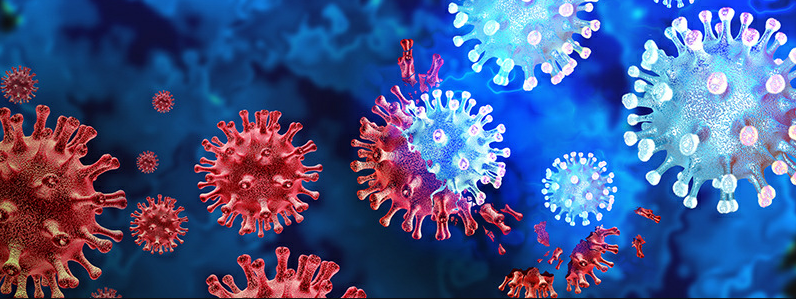
COVID-19 Variants
As our knowledge of COVID-19 has evolved, the virus itself has also advanced – in the form of mutations that have led to variants. Learn more about the science of variants and how to prevent them below.
What Causes Variants?
In some respects, viruses are no different from any other living organism: they want to survive. When a virus invades our bodies, it takes over what’s called a host cell. But to attack more cells, the virus has to multiply itself.

The more opportunities a virus has to copy itself, the higher the chance of new variants. Essentially, the more people who become infected with any strain of COVID-19, the more variants we’re likely to see. This is why herd immunity is so important when it comes to stopping potentially dangerous viruses from spreading.
Are Variants Worse Than the Original Virus?
Some variants can spread more easily and carry a higher viral load (the amount of virus that any infected person carries in their body). While the currently available COVID-19 vaccines and boosters can help protect against serious illness, the need for hospitalization, and death, not every new variant is guaranteed to be as responsive to vaccination.
For this reason, scientists continue to study these variants and how they react to the COVID-19 vaccines. Vaccine manufacturers continue to modify vaccines, such as the updated COVID-19 vaccines, to provide immunity to more than one strain, if necessary.
